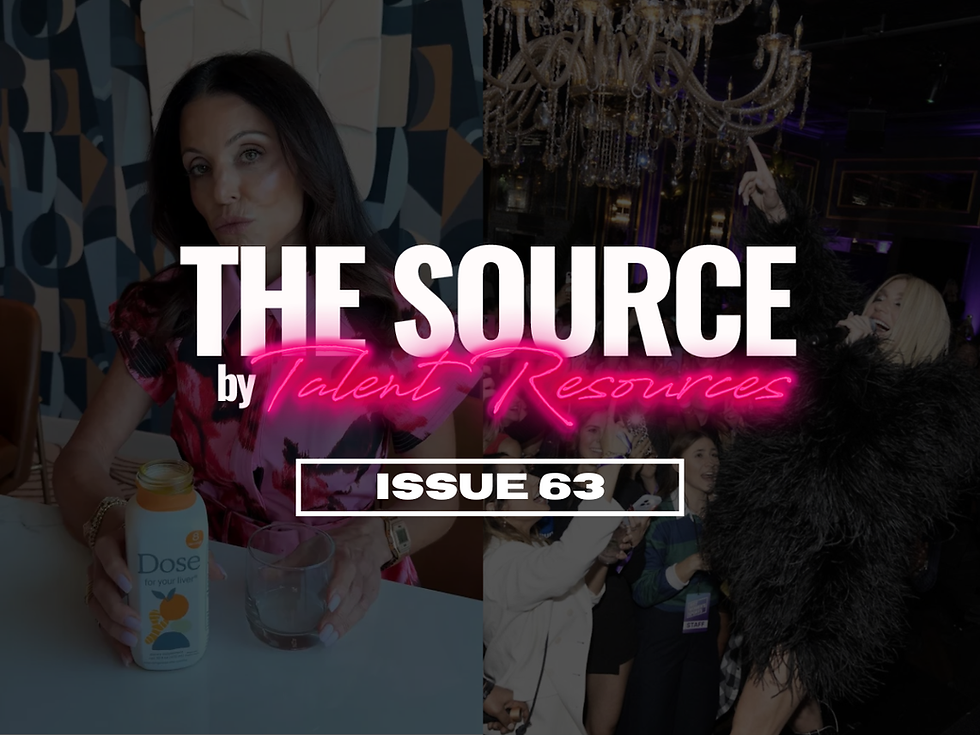Virtual Influencers 101 – Are they the future of Influencer Marketing?
- Apr 22, 2022
- 2 min read

If you haven’t already heard, virtual influencers are making a name for themselves in the influencer marketing industry for the past few years. More and more of them are emerging on social media platforms, such as Instagram and YouTube, with brands lining up to work with them to stay up to date with trends.
Virtual influencers are fictional computer generated ‘people’ who are almost as realistic as humans when it comes to their characteristics, features and personalities. The people behind these virtual influencers are their creators who choose to remain faceless. These clever creators are responsible for growing the virtual influencer’s social media platforms, working with different brands for collaborations and shaping them to be the virtual figures they are now. As they start to be internationally recognized, they are ones who are also rewarded at the end of every partnership, given that they get to keep the profit coming from the brand deals.
As a brand, working with virtual influencers definitely has its benefits. As of today, not a lot of well-known brands have started experimenting with them, but there are also some big names out there that have been first in the game. Some examples are Samsung, Alibaba and Porsche Ventures. So, if a brand chooses to take this leap by working with virtual influencers, they would definitely be ahead of the game and at the forefront of this innovation.
It would also be beneficial for brands to work with virtual influencers as they are currently gaining more and more demand in the industry because of their ability to not be involved in any scandals, essentially just be scandal-free. This is definitely an important factor for brands because this takes off a huge burden from the PR team, assuring them that they wouldn’t have any PR crisis, especially in the world of social media marketing. When it comes to real human influencers, a lot of names can get canceled online due to personal scandals. Virtual influencers rarely get involved in such issues. Brands and their creators have full control over whatever they want them to do or say. Virtual influencers do not have the same limitations as humans do. Creators can also design them however they want them to look.
With all that said, it’s time to really think about how they will be affecting the industry moving forward. Are they the future of Influencer Marketing? How does this affect the partnerships and livelihood of the human influencers we know today? This is definitely an innovation that everyone should look out for as nobody wants to get left behind with the times.




Comments